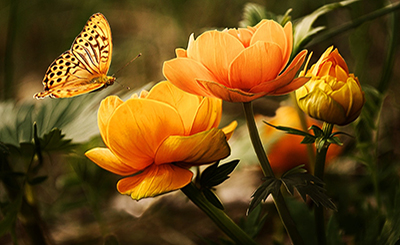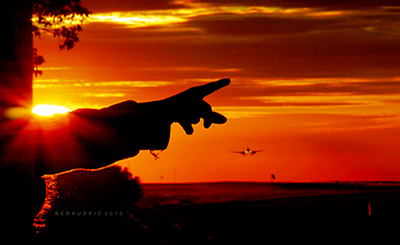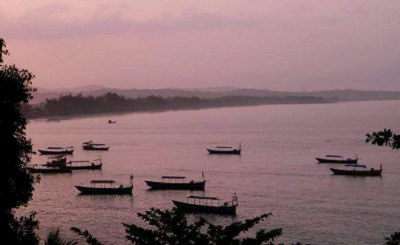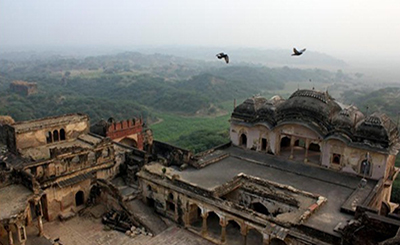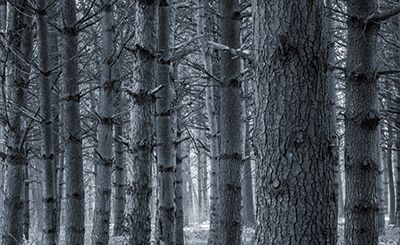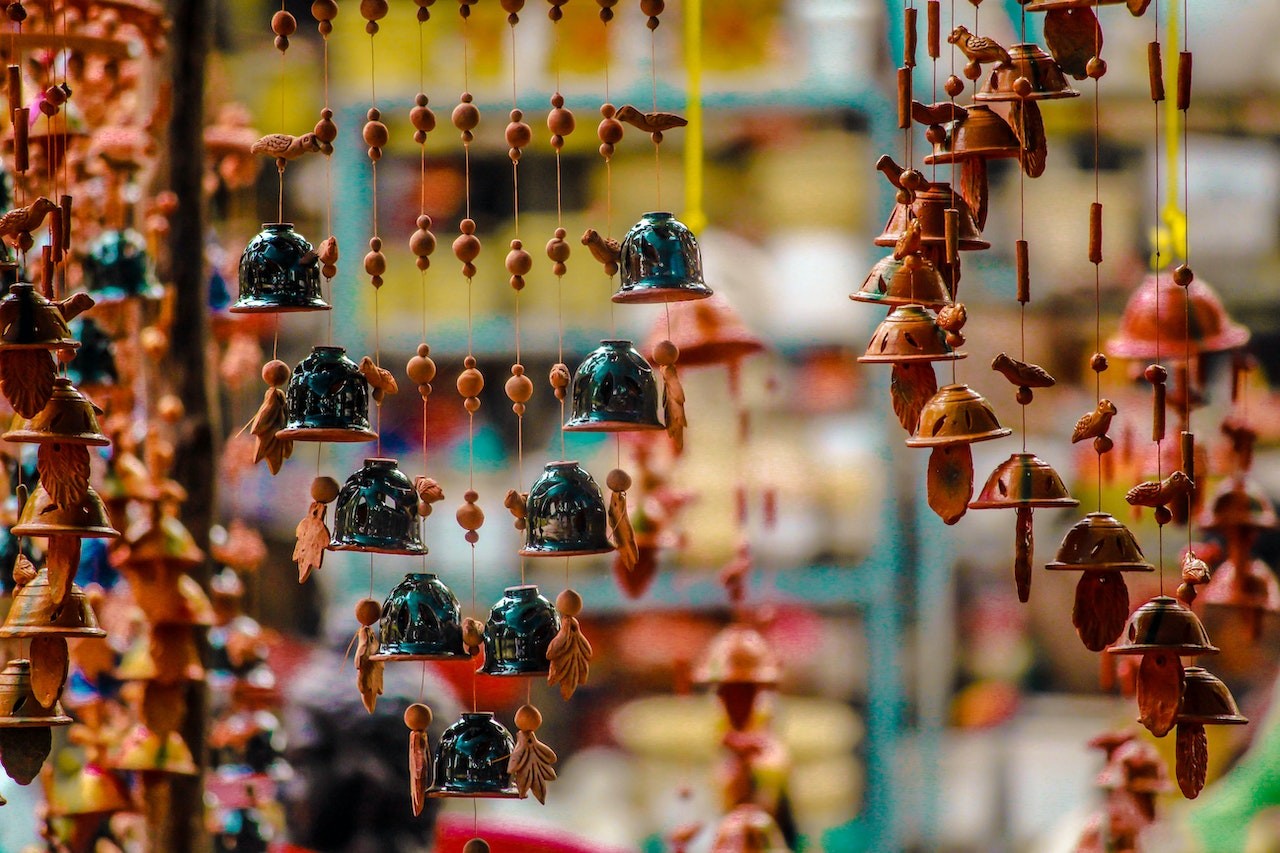
To stay afloat in the changing business and economic environment, arts companies and artists need to invent new ideas and strategies
The arts and the creative industries are crucial to social development, civic pride, economic well-being, and the vitality of a country. The capacity of the arts and their stories to reinvent and move beyond geographical boundaries and generations of people is greater than ever with new live and digital hybrid ways of collaborating, creating, and experiencing between artists and audiences. Yet, of course, visiting a gallery, experiencing theatre and watching a film with an audience together remains critical for artists and audiences.
The global pandemic had a significant impact on the arts and culture industries, including in the UK and India. The income of those associated with the arts sector plummeted and livelihoods and employment decreased significantly. Artists and producers all over the world saw their careers halted because of the lockdowns. In India, the closure of galleries, exhibitions, museums, theatres, cinemas, and culture festivals had a dramatic effect on their ability to recover. Many players in the arts sector had to resort to multiple cuts in the workforce as well as sale of their assets. The loss to income in publishing and culture venues, for instance, has had a deep and lasting impact.
UNESCO’s report confirms a total of 10 million jobs were lost in the creative industries worldwide in 2020. In line with the global trends, India’s creative economy and culture sector experienced a 39% recession from Rs 500 crore in 2019-2020 to Rs 304 crore in 2020-2021, according to the British Council, the FICCI and Art X’s Taking The Temperature report.
Women artists and entrepreneurs make up over 52% of the creative industries in India. The digital division for women in India who experience limited access to digital skills compounded the initial impact of Covid-19 on India’s informal creative economy. As the world starts to recover from the global pandemic, there is much to learn from the experience to rebuild. There is much need for a roadmap for recovery in India to build resilience and retain self-reliance for arts and culture.
The creative industry is the second largest employer in the formal and informal economy after agriculture in India with a workforce of over 200 million. They drive economic growth, employment, and resilience; and of course, artists and their enduring stories bring people together, fostering empathy and understanding between communities to help reimagine the world.
The British Council’s work with the government of West Bengal on its evolving commitment to culture and the creative industries is an example of mutuality and strategy in action to shape creative economy policy-making for cultural tourism and arts infrastructure for long-term economic development.
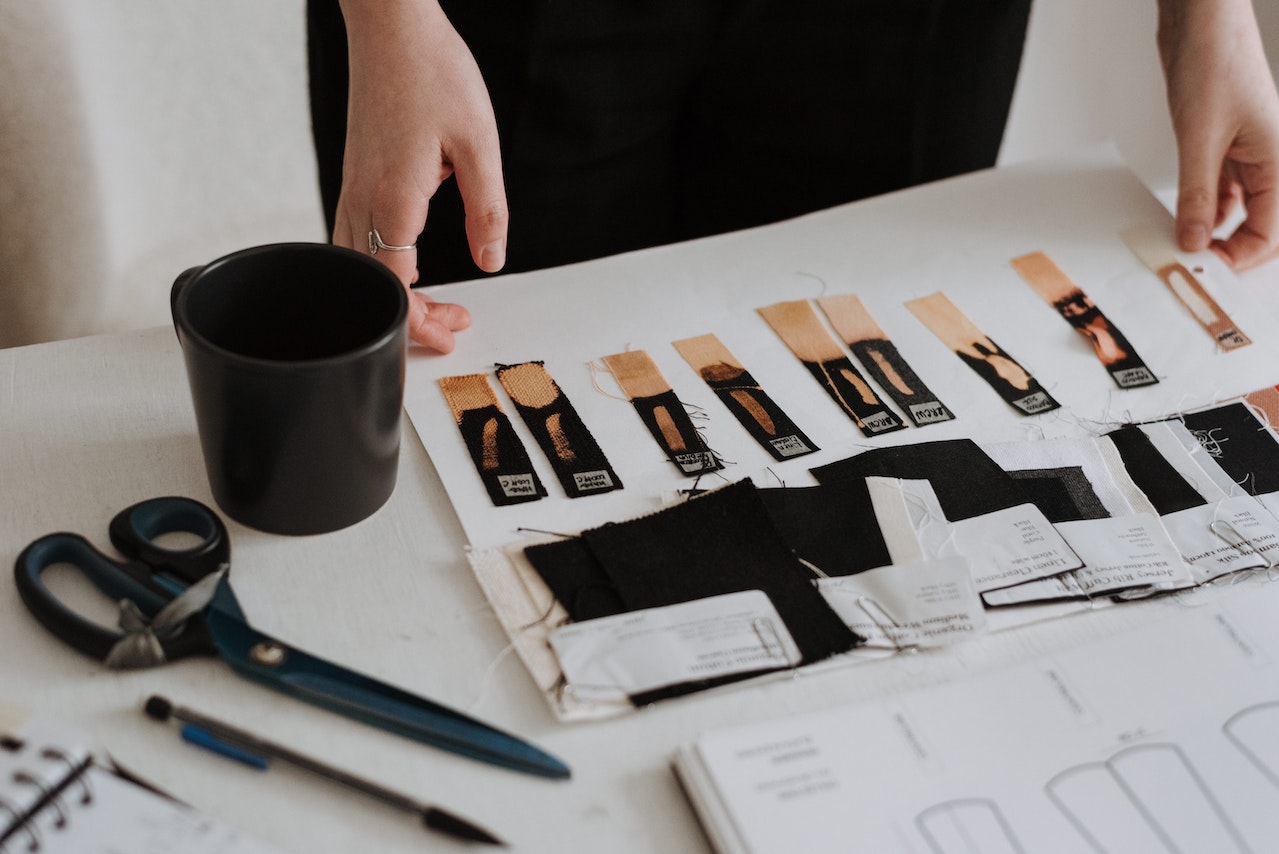
The pandemic: A challenge, and a catalyst for creative innovation
The serial lockdowns in India, the UK and across the world forced culture organisations and artists to change how they engage with audiences and adapt to new conditions online. During the pandemic, artists networked online, developing more easily international partnerships which hitherto would have relied on boarding a place to meet. In India’s smart cities in Bangalore and Hyderabad, there was growth in CreaTec production in AI, VR, gaming and film production during the pandemic because the infrastructure was in place to drive the creation of new products. Similarly, the consumption of film and television increased exponentially during the pandemic through OTT platforms, including Netflix, JioCinema and Disney-Hotstar while families were locked at home.
However, for the performing arts in theatre and dance, and festivals, the live arts experience between artist and audience sharing the same physical space stopped. This major disruption of cancelled events and performances, postponed festivals and payments, and loss of livelihoods to the artists and producers has been seismic.
During the pandemic, private galleries, and sales of art increased, bucking the trend of other sectors such as the performing arts. To stay afloat and competitive in this changing business and economic environment, arts companies and artists need to invent new ideas and strategies. Designers selling through Instagram, artisans reaching buyers through WhatsApp and arts companies collaborating online have transformed the way arts and culture are produced, distributed and experienced.
We also know there has been a deep longing for artists and audiences to return to the ‘old normal’ of experiencing theatres, cinemas and festivals in a shared space. The British Council’s Festivals from India platform will help drive the old and the new, promoting festivals and developing cultural tourism with the UK through new live and digital formats. The pandemic has been a game-changer for much of the arts, and perhaps now it’s time to bring the digital world face-to-face with the physical world for a hybrid model.
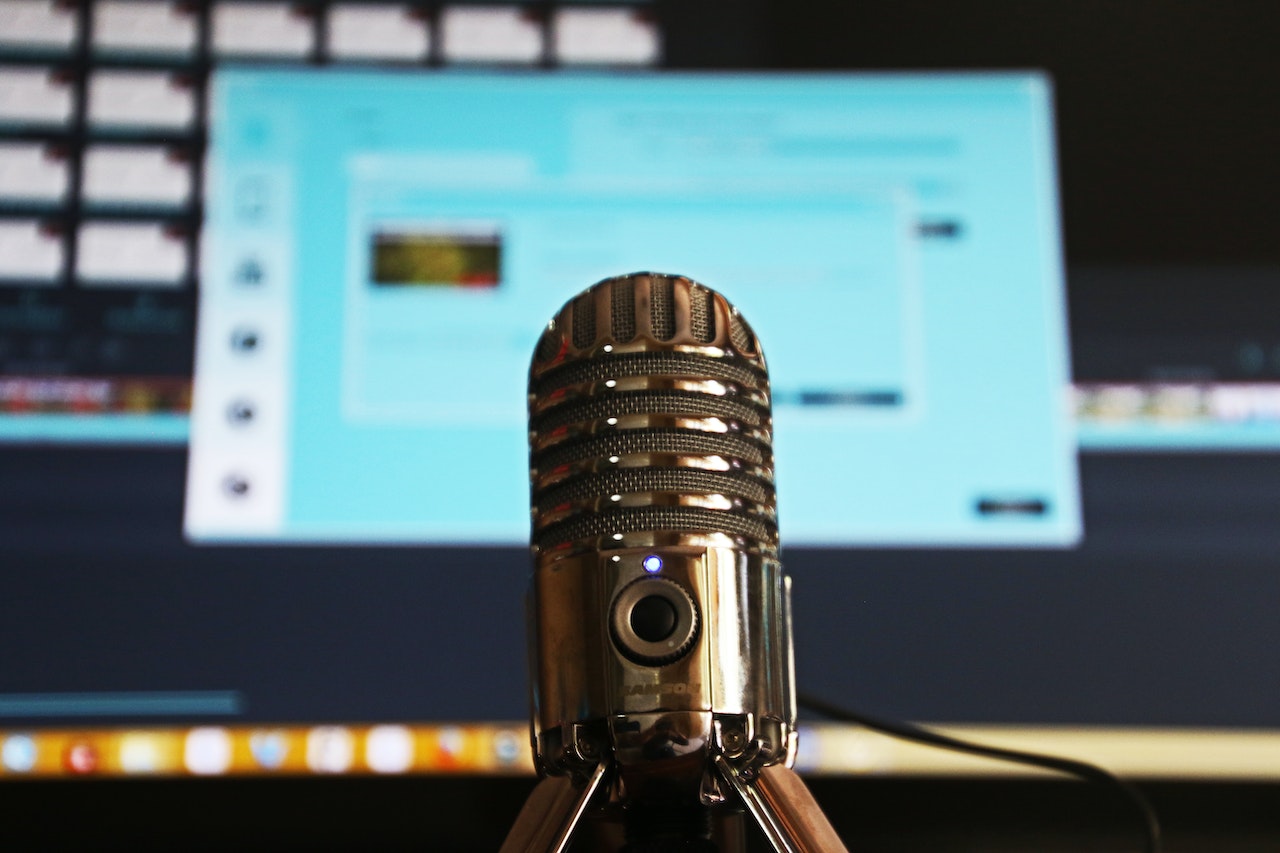
A resilient future shaped by international collaboration
This year, the British Council marks India’s 75th anniversary of Independence with the India/UK Together Season of Culture, a landmark programme for cultural relations in arts, education and English between both nations. The digital recordings of live performances can never match the face-to-face experience. However, there are some fabulously inspiring examples of live and digital innovation during the British Council’s season of culture.
One such is with Ziro Festival of Music in Arunachal Pradesh, one of India’s most dynamic outdoor music events. The 10-year-old festival, which was postponed in 2020 and 2021, returned on ground this year; it was held between September 29 and October 2. We’re delighted to be supporting this collaboration with the Focus Wales festival in the UK. The partners from India and the UK are creating an augmented reality (AR) experience for music fans all around the world to experience the festival online. This was a ground-breaking virtual festival where musicians performed on the ground, which was also experienced by audiences through augmented reality.
The interplay of arts and technology
There are numerous examples of artists using art and technology. Future Fantastic will be a unique festival, created by Future Everything (Manchester) and Be Fantastic (Bangalore). Led by two inspiring women in CreaTec, they’re inspiring others to create AI formats to encourage wider participation in the conversation around climate change. Elsewhere in India, the British Council brings the Antariksha Studio (Delhi) and Crossover Labs (London) together to draw from museum collections and archives to create an interactive game and performance for a kind of digital restitution of museum objects. The game and performance will preview at the Magnetic Fields Festivals in Rajasthan this December.

The British Council’s India/UK Together Season of Culture aims to establish a global network of emerging and established Indian and British artists to strengthen a more diverse, inclusive, and equitable arts sector; and to provide opportunities around digital innovation and live performance.
Some traditional exhibition between the National Council for Science Museums (Delhi) and the Science Museum (London) which reach audiences on a touring bus editions of Vaccines: Injecting Hope; while the Victoria Memorial Hall (Kolkata) and the Natural History Museum (London) are empowering young people to climate change through a new photography exhibition. In theatre, Jana Sankskriti Theatre in West Bengal and Graeae Theatre from the UK are co-producing Wasteland: A Journey, inspired by TS Elliot’s epic poem, Tagore and the Mahabharata, with a touring company of differently-abled actors.
Over 40 partners and 1,400 artists form the bedrock of India/UK Together Season of Culture. Hopefully, it will pave the way for the next generation of artists to work together and build an enviable legacy.
Comments
*Comments will be moderated



.jpg)
